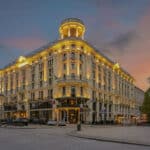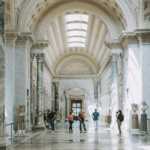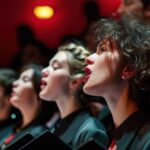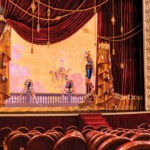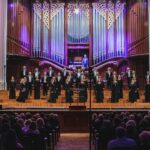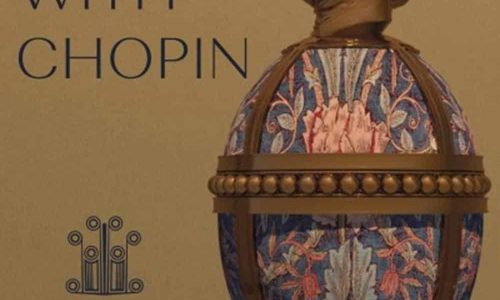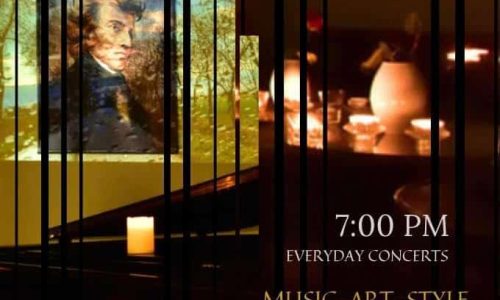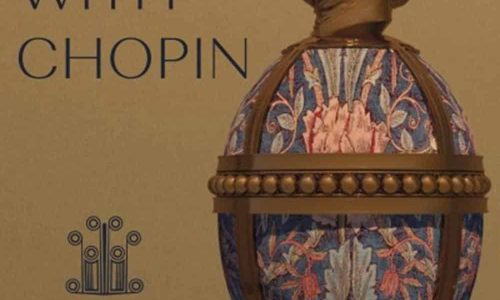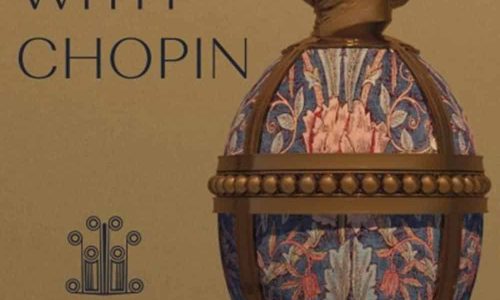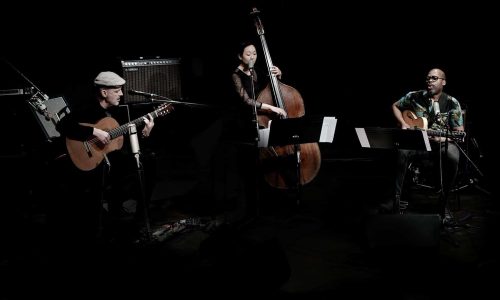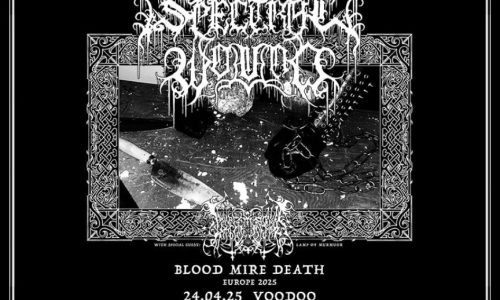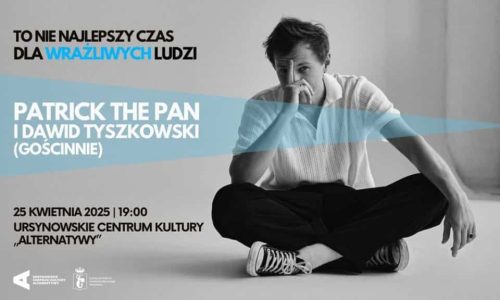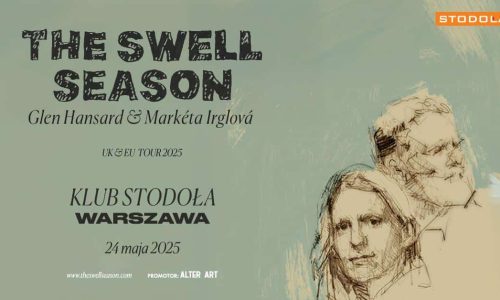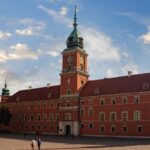The contemplative nature of much of Ralph Vaughan Williams' work is said to stem from his love of poetry. After his teacher introduced him to the visionary work of Walt Whitman, the collection Grass Root became the composer's 'constant companion' and the inspiration for Toward the Unknown Region, a song for chorus and orchestra premiered in Leeds in 1907. One critic at the time proclaimed Williams the leading British composer of the new generation.
Futurist poetry, on the other hand, would fit the character of Carl Nielsen's Concerto for Clarinet and Orchestra. The piece reveals the complex nature of the instrument, which, according to the composer, 'can seem utterly hysterical, as delicate as a balm and as raspy as a tram on badly greased rails'. Having befriended the members of the Copenhagen Brass Quintet, he wanted to compose a musical portrait for each of them, in the form of a solo concert.
Perhaps it was the broad phrases of Felix Mendelssohn-Bartholdy's symphonics that led many of his works to attempt to associate with the landscapes of the countries he visited. His Symphony No. 3 in A minor, for example, would be said to evoke the dense fog-shrouded mountain landscapes of Scotland, which the composer visited in 1829. Such inspirations, however, were not addressed by the author himself after a long journey of several years to complete the work, which received its Scottish nickname from sympathetic listeners.
Performers:
National Philharmonic Orchestra
National Philharmonic Choir
Anna Sułkowska-Migoń conductor
Andrzej Ciepliński clarinet
Bartosz Michałowski choir director
Programme
Ralph Vaughan Williams
Toward the Unknown Region for mixed choir and orchestra [11′].
Carl Nielsen
Clarinet Concerto Op. 57 [24′].
... pause [20′].
Felix Mendelssohn-Bartholdy
Scottish Symphony No. 3 in A minor, Op. 56 [40′].











